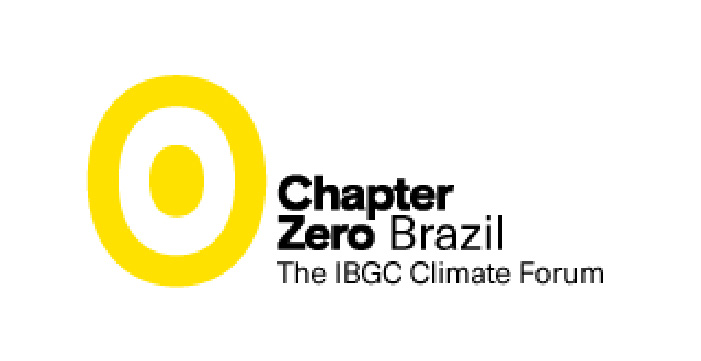Date: 25 March 2021

Host:
Chapter Zero Brazil
Panellists:
- João Redondo – Chapter Zero Brazil Coordinator
- Ieda Gomes Yell – Independent Board Member, listed and private companies (Brazil, UK, USA and France)
- Renato Franklin – CEO of Movida
- Professor Roberto Schaeffer – Professor of Energy Economics at the Energy Planning Program at Coppe / UFRJ
- Walter Schalka – CEO of Suzano
Moderator:
Clarissa Lins – Founding partner of Catavento
In 2020, destruction of the Amazonian rainforest rose by 21% – a loss the size of Israel. With this rapid decline, Brazil has had its battles when it comes to climate action. However, during the penultimate panel discussion of the CGI’s Global Summit, the panellists argued the country has an incredible opportunity to be world-leading in the net zero transition – including afforestation.
One of the main tools it needs to deploy, the panel agreed, is carbon pricing – shifting the burden for the damage on public health, crops, droughts etc back onto those who are producing the emissions. The key, however, is speed. As Walter Schalka, CEO of Suzano put it: “We no longer have time to put beautiful things on paper. We have to act.” There’s a real urgency about the situation in Brazil; it’s going to be far harder to implement more difficult solutions in the future. Things like afforestation and electric vehicle rollout can be done now, but, as ever, it requires entire boards to be properly educated and involved with sustainability.
The panel put together by Chapter Zero Brazil proposed two solutions to push the country further towards carbon neutrality.
The first is a regulated carbon market which would set polluting gas emission goals for companies, where they must neutralize their emissions from changing business models or buying carbon credits from other companies (there’s only a voluntary carbon market in Brazil at the moment). That carbon market, Schalka believes, would offer Brazilians the financial compensation needed to invest in social inequality.
Then there’s forging a new economy for Brazil, following on from the World Resources Institute (WRI)’s 2020 study. Actions suggested from that study include increasing participation in the sale of hybrid flex-fuel vehicles, electric buses, and fuel cell vehicles, increasing energy efficiency in buildings and using charcoal in the iron and steel industry.
Action is already taking place in Brazil, the panel was keen to point out, with investors choosing companies based on their ESG targets. But there needs to be proper engagement with the big emitters, independent board member Ieda Gomes Yell believes: “The oil and gas industry contributes greatly to greenhouse gas emissions. If it is part of the problem, it must be part of the solution.”